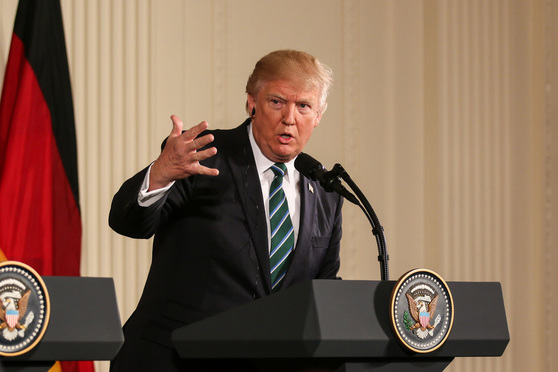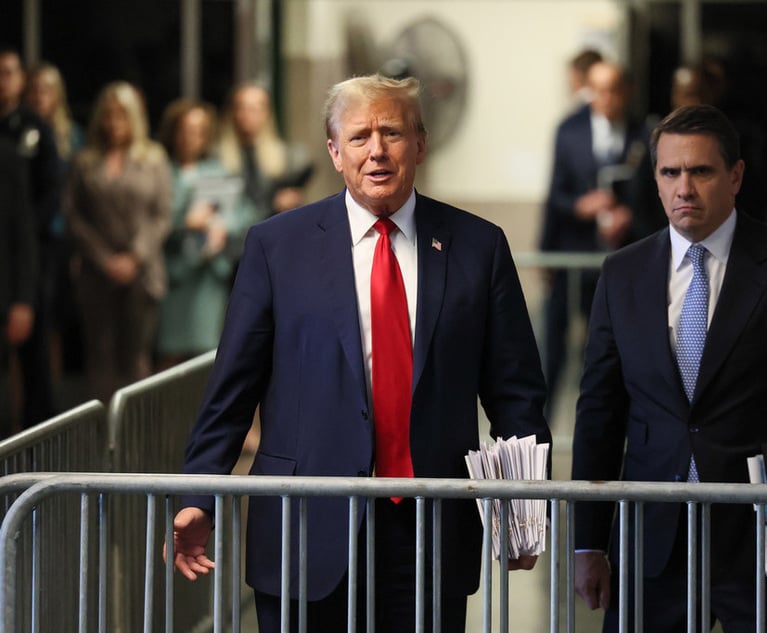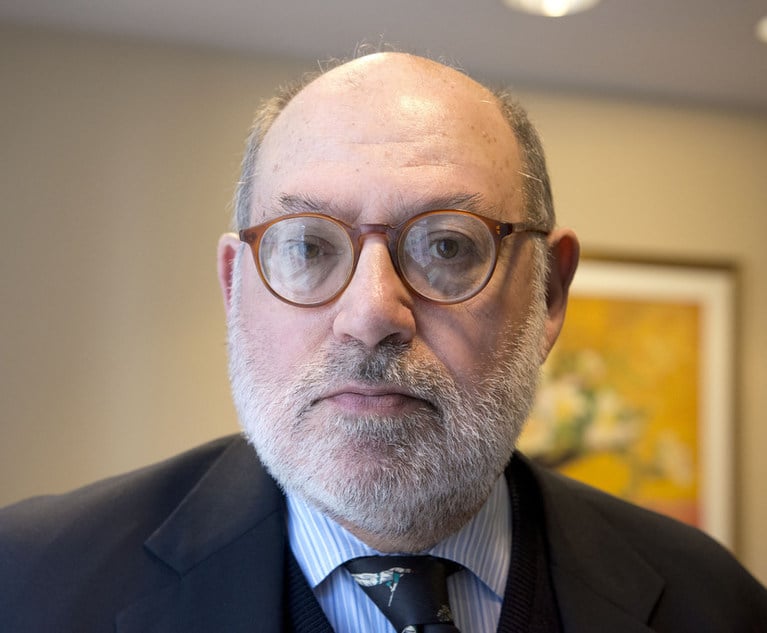On June 4, President Donald Trump ignited a political firestorm when he claimed on Twitter that, “[a]s has been stated by numerous legal scholars, I have the absolute right to PARDON myself.” In fact, though legal scholars have debated whether the president has the constitutional power to pardon himself, and some, like John Yoo, have argued that “President Trump can clearly pardon anyone — even himself,” the more common view, expressed by Laurence Tribe, is that a so-called “self-pardon” is “impossible,” while Alan Dershowitz has observed unassailably that “Nobody knows!” It is certainly true that nobody knows, because a presidential self-pardon has never been attempted, but that fact itself, along with many others, demonstrates beyond serious question that the president may not pardon himself
Article II, Section 2, of the Constitution grants the president the “power to grant reprieves and pardons for offenses against the United States, except in cases of impeachment.” In holding that President Andrew Johnson’s pardon of former Confederate Senator (and future United States Attorney General) Augustus Garland relieved him of his exclusion from practice before the federal courts, the United States Supreme Court in Ex parte Garland, 71 U.S. 333 (1866), held that “[t]he power thus conferred is unlimited, with the exception stated.” While the unlimited nature of the pardon power might seem to support a claim that the president can pardon himself, such a reading of the pardon power misunderstands the English roots of the power, with which the Constitution’s drafters were “well acquainted,” the power’s place in the American constitutional structure, and its subsequent history, which “reveals a consistent pattern of adherence to the English common-law practice.” (Schick v. Reed, 419 U.S. 256 (1974).)


 President Donald Trump
President Donald Trump




